With the introduction of this year’s new phone policy at Powell High School [PHS], contentions have begun to run high between what’s in the power of the school board in Park County and what’s not.
A major factor in the board’s decision to ban the use of phones school-wide came down to the mobile devices being labeled as “distractions.”
“[A distraction is] anything that derails the student from the task at hand,” English teacher Mr. Logan Burns said.
For reference, Merriam-Webster defines distraction as “to stir up or confuse with conflicting emotions or motives.”
“I think this is an accurate definition of distraction because a distraction can either be used to confuse someone or stir up,” senior Liam Taylor said. “If someone in class is making loud noises, that’s a distraction, that’ll distract you.”
Contention between the students and staff comes from a disruption in how some students learn, or how they spend their time after a lesson has concluded. Listening to music, for instance, has had many students up in arms as something that once used to help them when working on homework has now disappeared.
“Yeah, [it’s] very reasonable [to want to listen to music],” sophomore Renzy Matthews said. “I feel like not having our phones is invading our privacy.”
In a previous Prowl article by News Editor Sophie Czirr, she highlighted how some teachers do not see the practicality of students listening to music while at work.
‘“Brain research does not support that music is all that helpful for students,’ Health and Science teacher Mrs. Bennett said. ‘The brain has difficulty multitasking, and many students do not listen to the kind of music that is helpful; rather, it is music that competes with learning. I am all for quiet, concentrated music in the classroom, and I play this kind of music in the classroom when students are working on independent tasks.”’
This sentiment shared by Mrs. Bennett in the article doesn’t mirror the thoughts of students or of certain scientific research.
A health paper put forth by Harvard Medical School titled, “Why is music good for the brain?” by Editorial Advisory Board Member Andrew E. Budson details the positive impact music can have on the educational learning process of students.
“Music activates just about all of the brain,” Budson said. “Because music can activate almost all brain regions and networks, it can help to keep a myriad of brain pathways and networks strong, including those networks that are involved in well-being, learning, cognitive function, quality of life, and happiness.”
Budson stated that the only way to achieve the same level of brain networking is by actively engaging in “social activities,” something the Park County School District One [PCSD1] board is actively striving to see more of in the high school.
“I really like listening to music; I definitely see a change when doing my work, and I think it’s for the better,” Taylor said. “Especially the classical music, forties, fifties, more piano, or orchestral base with underlying singing.”
With an obvious disconnect between students’ and faculty members’ thoughts on something as minute as listening to music when in school, a larger disconnect from both the staff and students can be seen becoming clearer.
“Yeah, I would say [there’s a disconnect],” senior Luke Legler said. “I don’t think there’s a big difference, but there’s definitely one there, especially with the phone policy.”
The sentiment seen by Legler and others in the student body is a sentiment also shared by teachers at PHS.
“I think I get [the disconnect],” Burns said. “I definitely understand that frustration and it makes sense.”



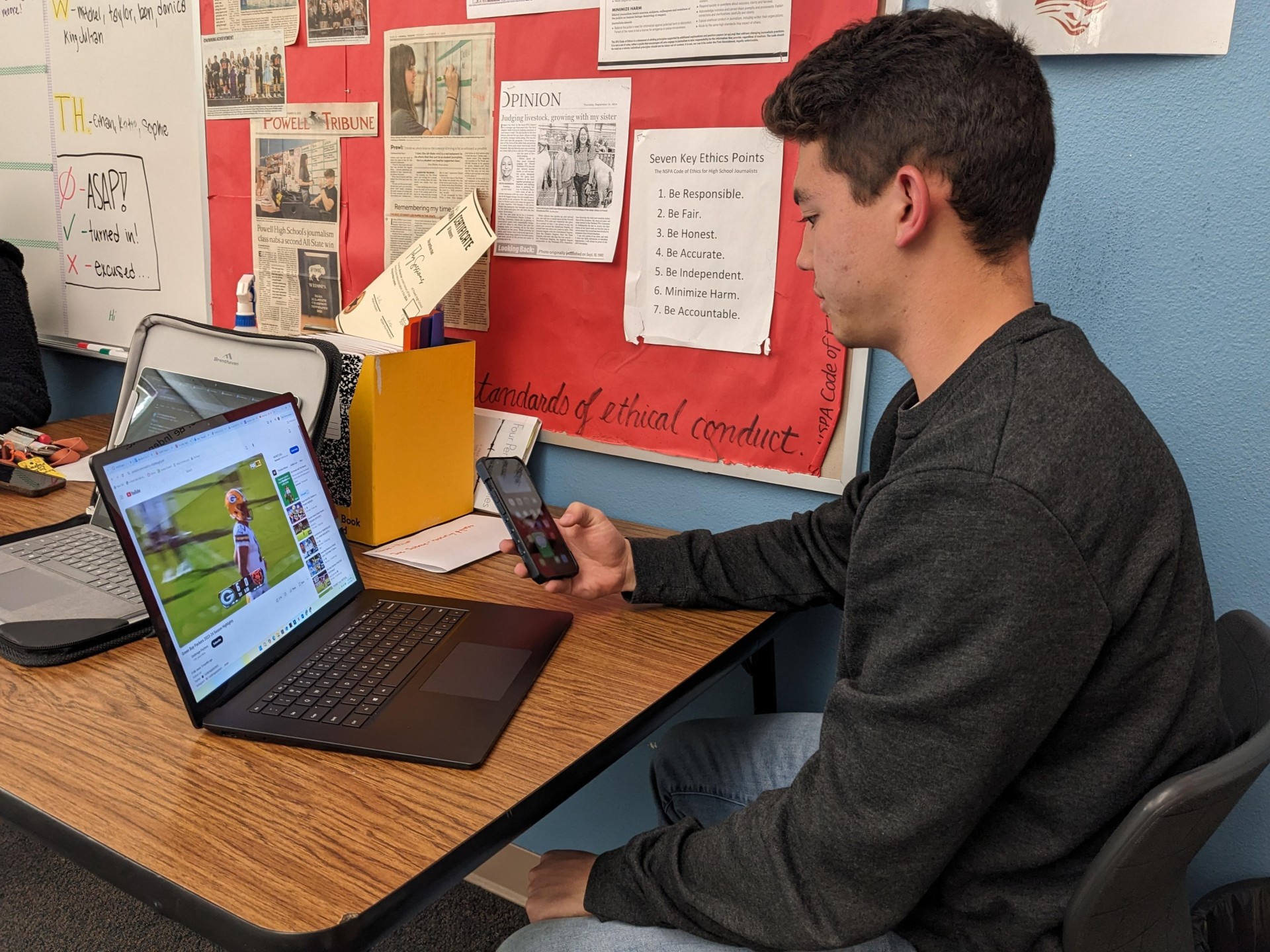
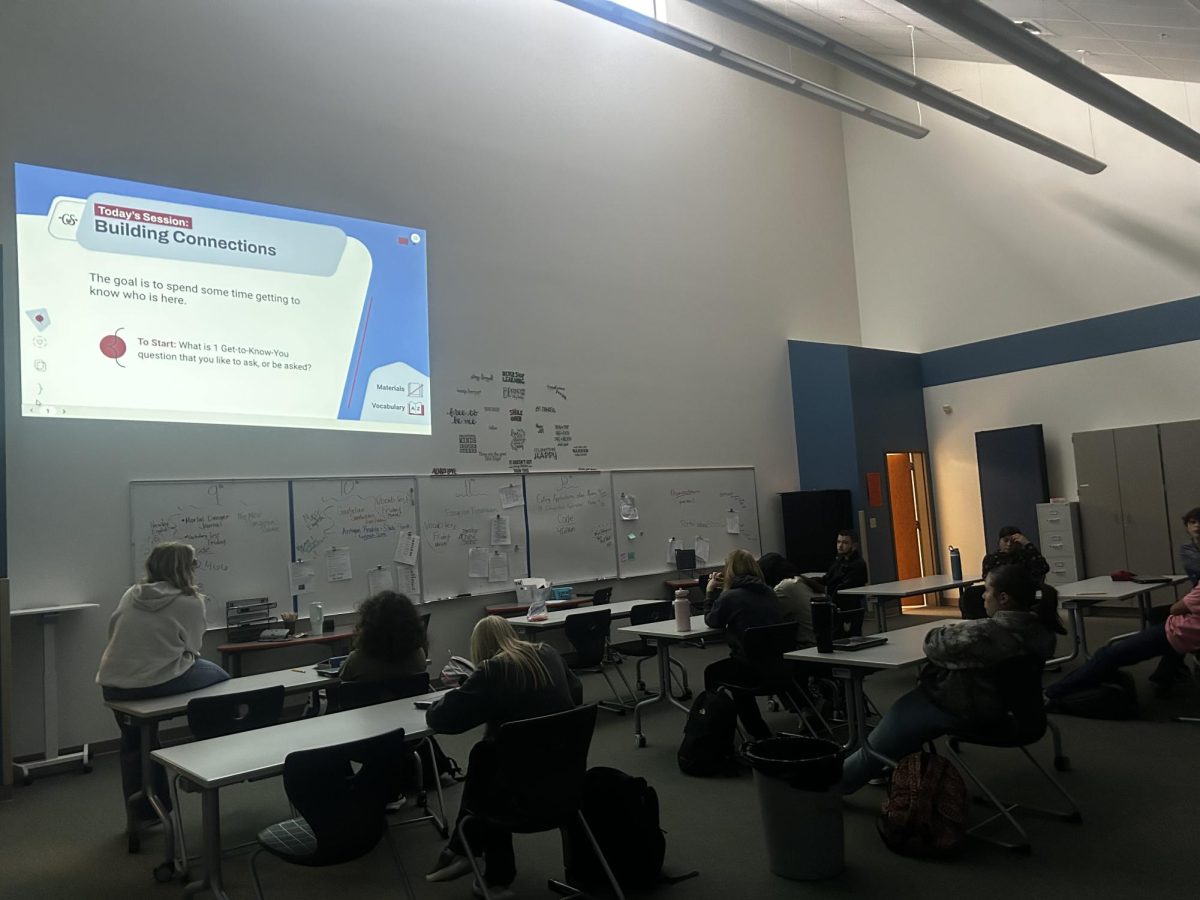
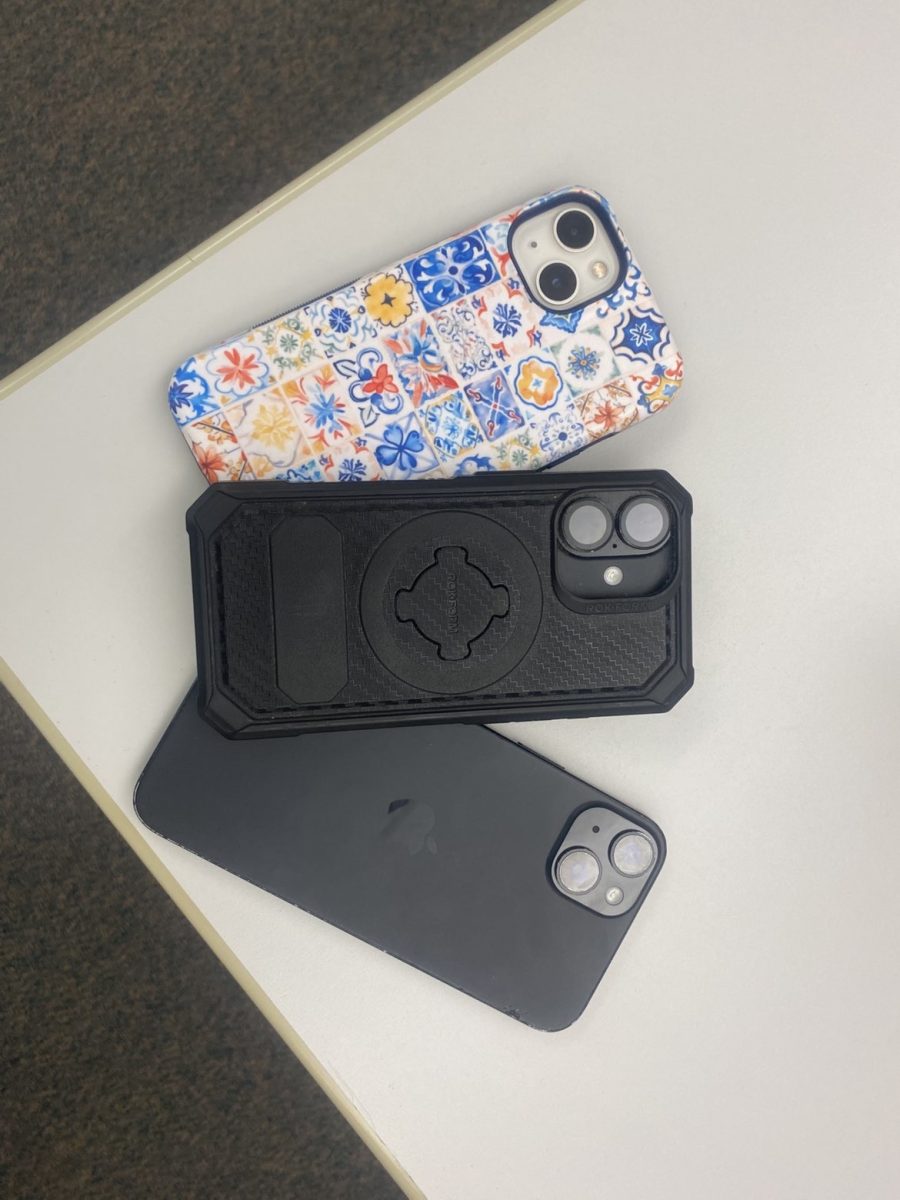
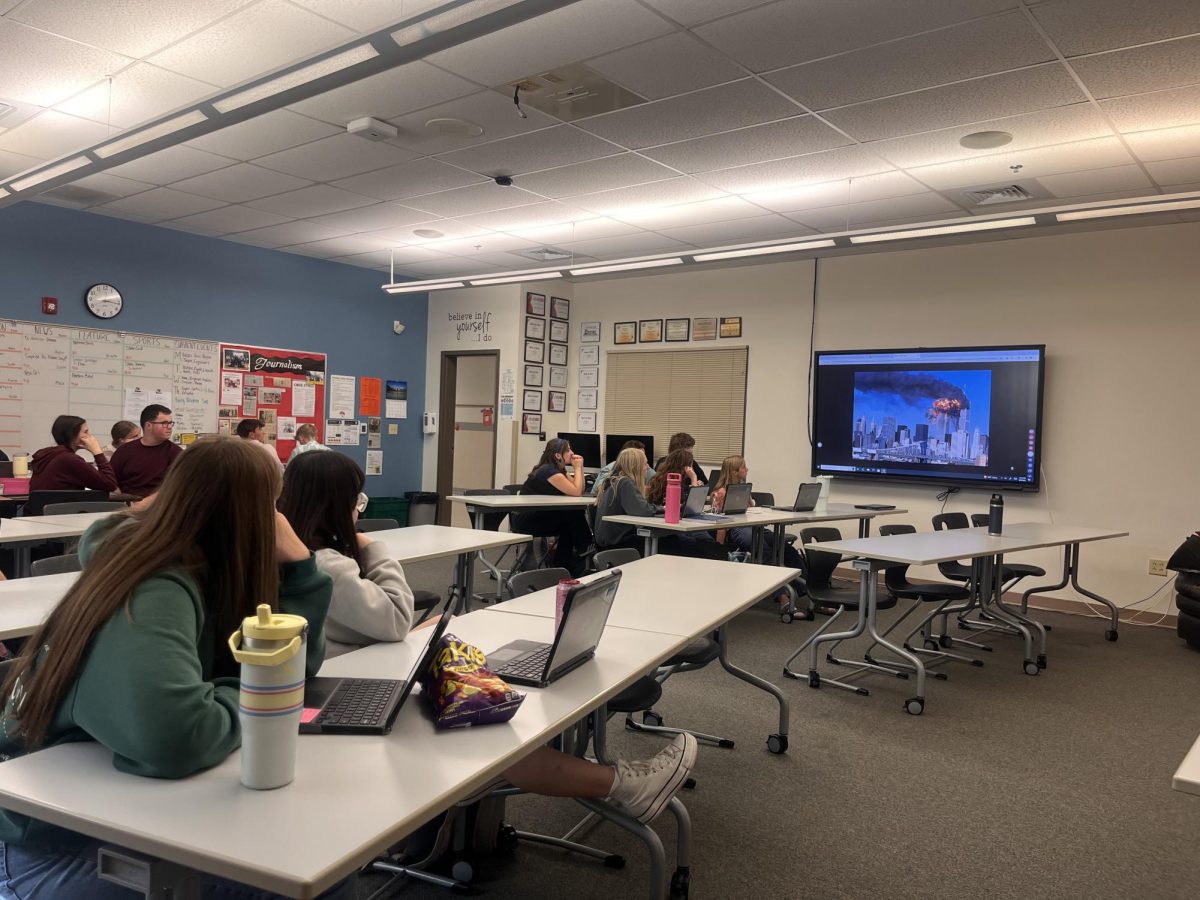


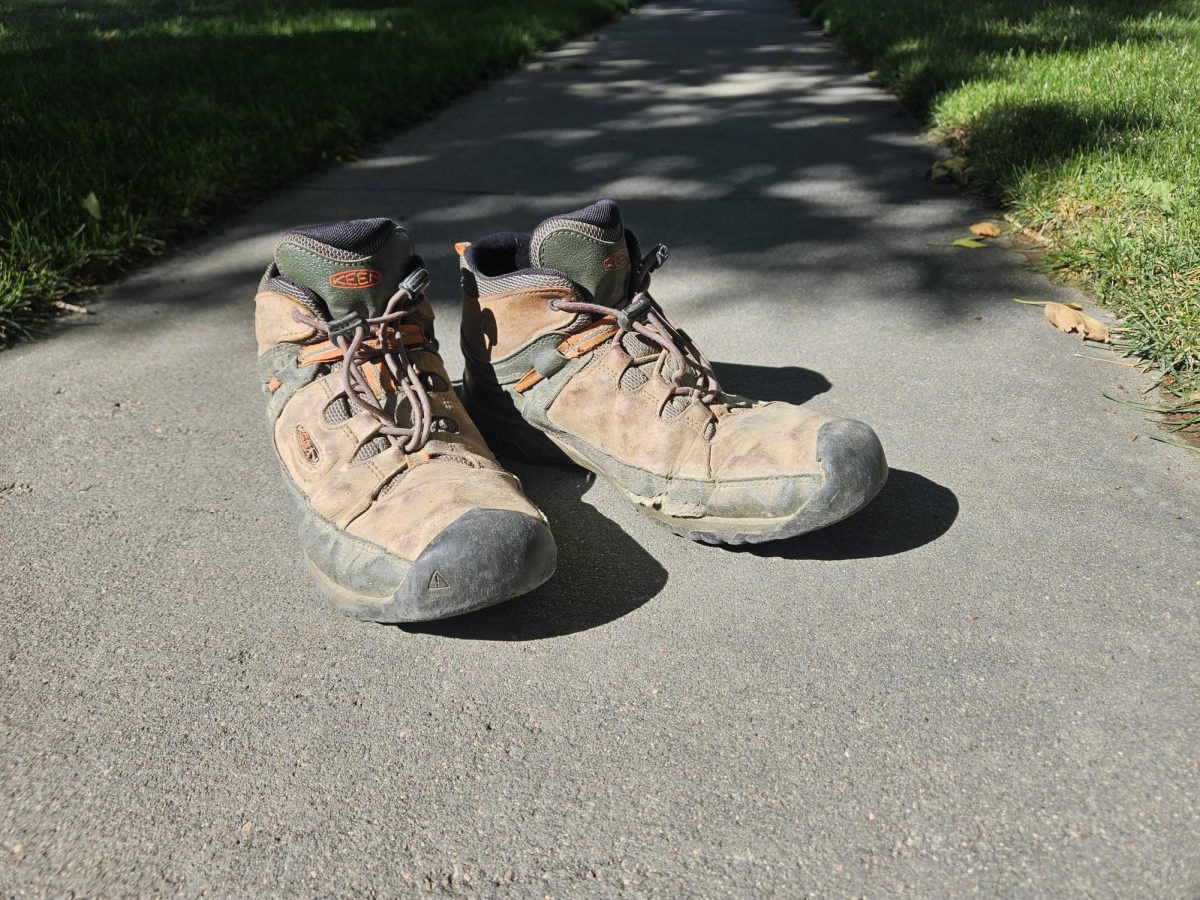
Elias Brower • Dec 12, 2024 at 6:06 pm
Great article